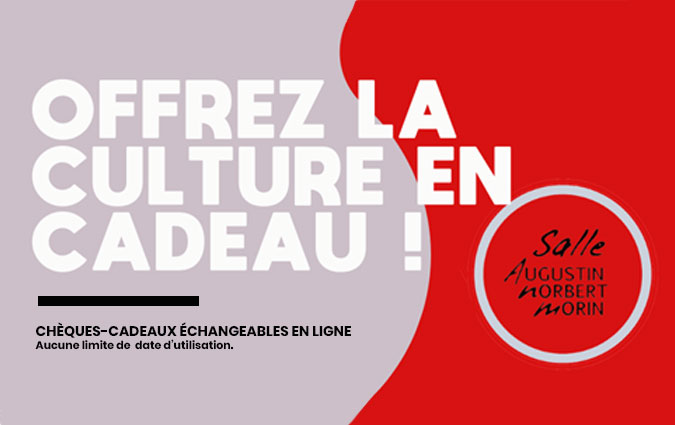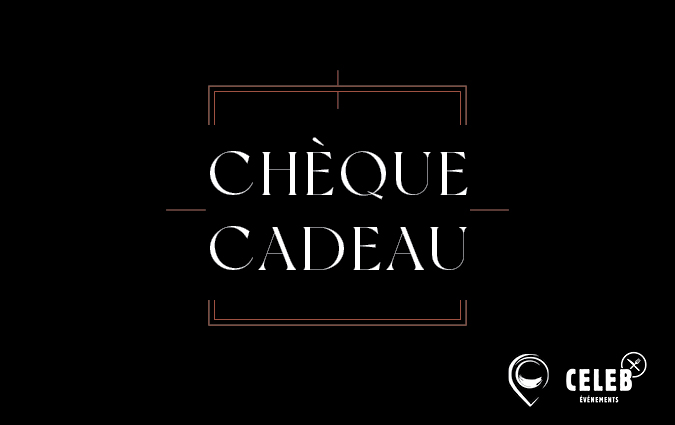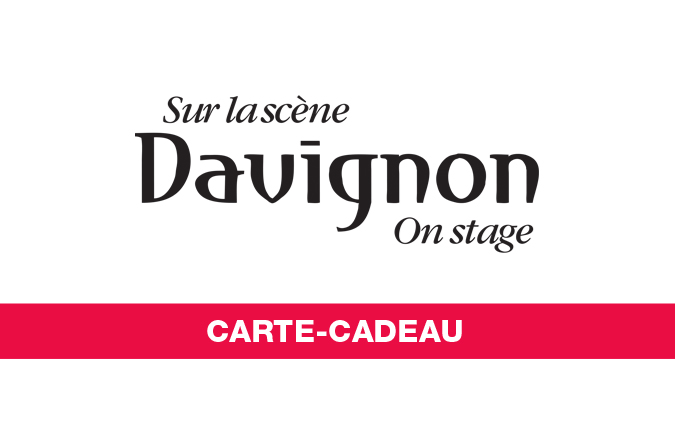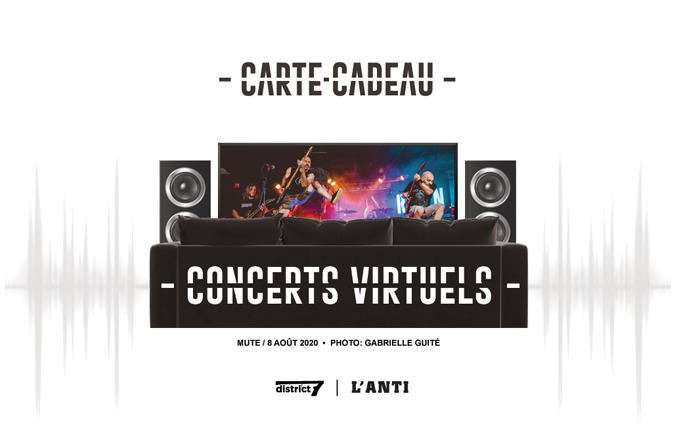
MYSTIC MUSIC OF PAKISTAN - SOULFUL QAWWALI BY ABDUL NIAZI ENSEMBLE
Share this event
For more info about this event, please contact the event organizer, Centre Culturel Kabir, at info@centrekabir.com.
Buy Tickets
Qawwali is a musical genre, popular in India and Pakistan, which expresses Sufi devotion. The word literally means “speech music” and originally comes from the Arabic qawwâl, a word meaning, “loquacious, who speaks well, who knows how to speak well”. This form of music has been made very popular in Europe and North America, thanks to the efforts of the inimitable Nusrat Fateh Ali Khan, the gifted singer from Pakistan. The genre originated in 14th century India, and its founder was Amir Khusrau Dehlavi. Qawwali songs fall into two groups: hamd or manqabat which are devotional songs dedicated to Allah and ghazal which are secular songs which celebrate wine or love. A traditional qawwali ensemble usually consists of nine men: two lead singers who play the harmonium, five chorus singers who beat time with their hands, a tablâs player, and a dholak drummer.
The songs usually last about fifteen minutes and are usually arranged in the following format: the main melody is generated on harmoniums, usually with improvised variations on this theme. Then comes an introduction called “âlâp”, where the singers intone different long notes from the râga which serves as a tonic base for the theme played. Then, the lead singer begins to sing the lines of the poem which constitute the lyrics of the song, accompanied by the only harmonium. The sung melodies are improvised following the structure of the chosen raga. After the lead singer's first exposition of the verse, another repeats it to a different improvised melody. A few verses, in varying numbers, are thus sung, so as to lead to the main heart of the song. This is when the song really begins: at this time, the tablâs and the dholak begin to play in rhythm, with the choir singers clapping their hands in rhythm, while all the members of the ensemble join in the singing. worms. The lyrics and the melodies associated with them are usually not improvised and are in fact very popular traditional songs. During the song, the lead singer and backing vocals can improvise a long tonal melody. The song experiences a rise in tempo and pathos, with each singer trying to outdo each other in terms of vocal arabesques. A few singers perform long periods of improvisation on the sargam, often in dialogue with an apprentice singer. Songs usually end abruptly.
- Refunds
- Until the event starts
- Exchanges
- Until the event starts
- Access for persons with mobility impairment
- Yes
Qawwali is a musical genre, popular in India and Pakistan, which expresses Sufi devotion. The word literally means “speech music” and originally comes from the Arabic qawwâl, a word meaning, “loquacious, who speaks well, who knows how to speak well”. This form of music has been made very popular in Europe and North America, thanks to the efforts of the inimitable Nusrat Fateh Ali Khan, the gifted singer from Pakistan. The genre originated in 14th century India, and its founder was Amir Khusrau Dehlavi. Qawwali songs fall into two groups: hamd or manqabat which are devotional songs dedicated to Allah and ghazal which are secular songs which celebrate wine or love. A traditional qawwali ensemble usually consists of nine men: two lead singers who play the harmonium, five chorus singers who beat time with their hands, a tablâs player, and a dholak drummer.
The songs usually last about fifteen minutes and are usually arranged in the following format: the main melody is generated on harmoniums, usually with improvised variations on this theme. Then comes an introduction called “âlâp”, where the singers intone different long notes from the râga which serves as a tonic base for the theme played. Then, the lead singer begins to sing the lines of the poem which constitute the lyrics of the song, accompanied by the only harmonium. The sung melodies are improvised following the structure of the chosen raga. After the lead singer's first exposition of the verse, another repeats it to a different improvised melody. A few verses, in varying numbers, are thus sung, so as to lead to the main heart of the song. This is when the song really begins: at this time, the tablâs and the dholak begin to play in rhythm, with the choir singers clapping their hands in rhythm, while all the members of the ensemble join in the singing. worms. The lyrics and the melodies associated with them are usually not improvised and are in fact very popular traditional songs. During the song, the lead singer and backing vocals can improvise a long tonal melody. The song experiences a rise in tempo and pathos, with each singer trying to outdo each other in terms of vocal arabesques. A few singers perform long periods of improvisation on the sargam, often in dialogue with an apprentice singer. Songs usually end abruptly.
- Refunds
- Until the event starts
- Exchanges
- Until the event starts
- Access for persons with mobility impairment
- Yes
Metro: Berri-UQAM
Paid underground parking, enter on rue Berri.


















